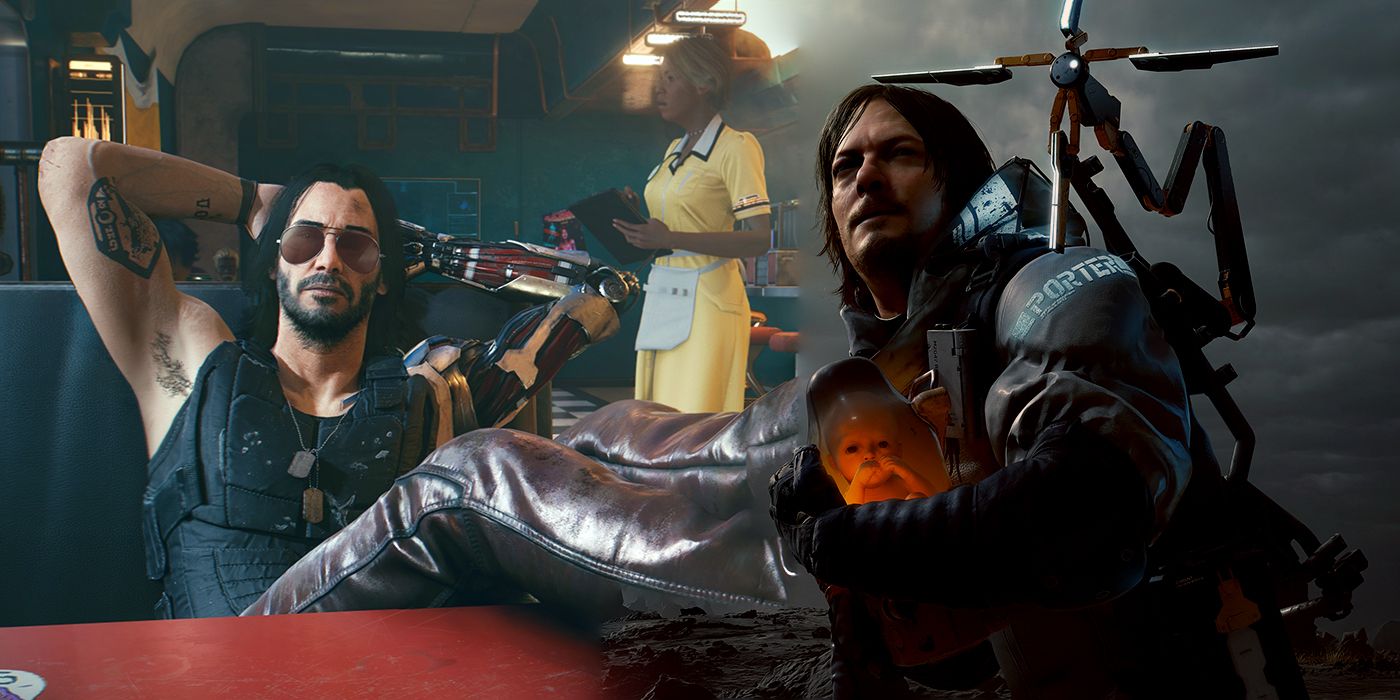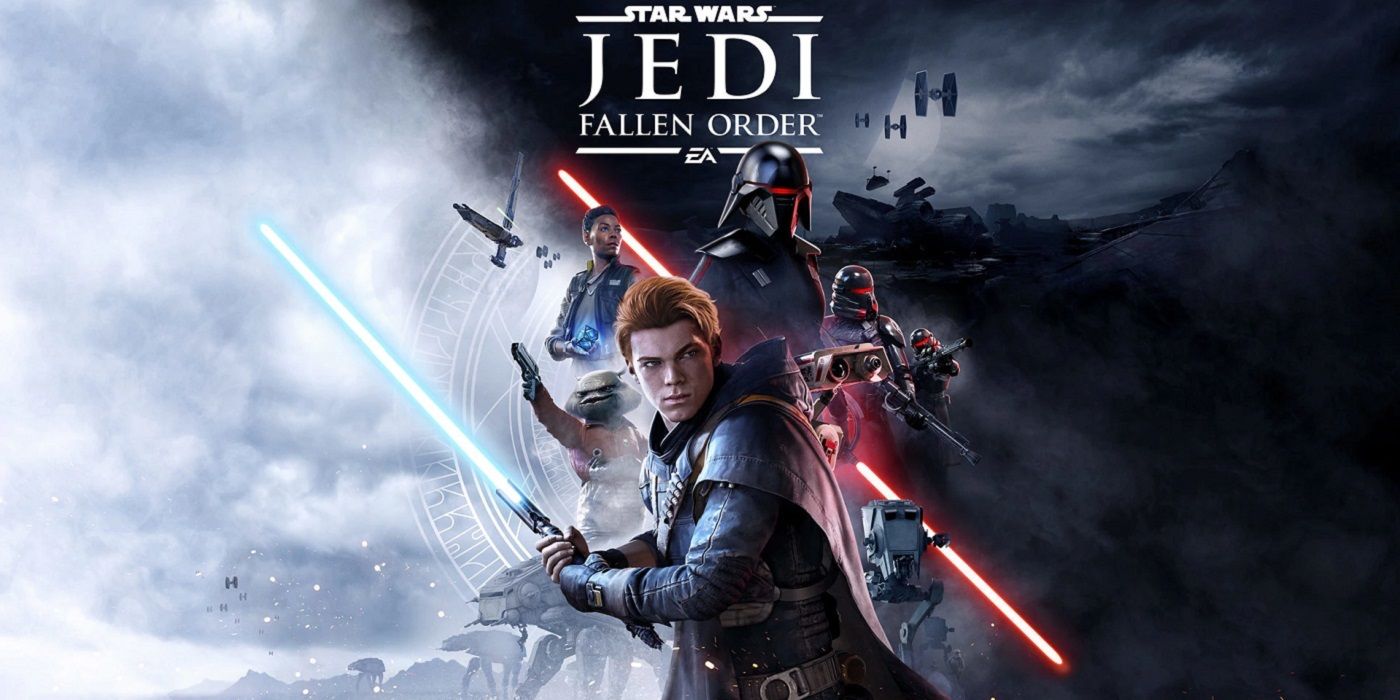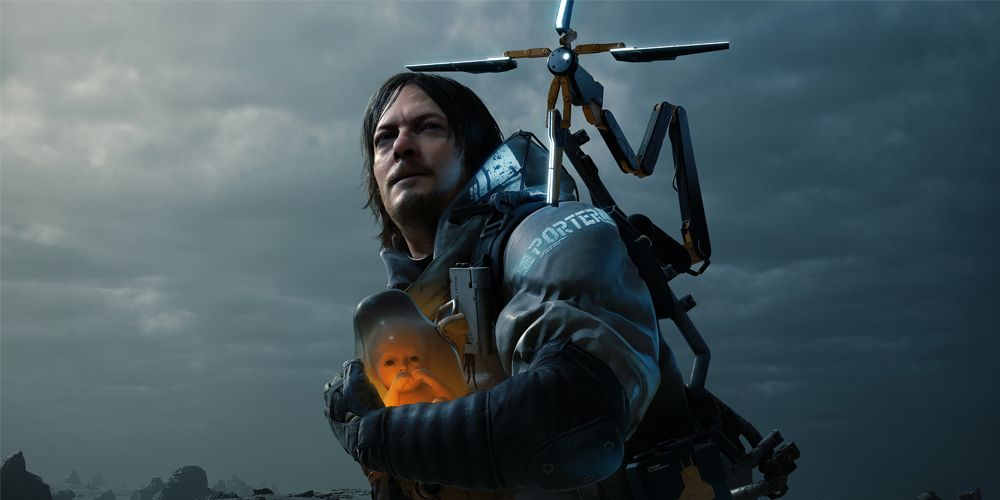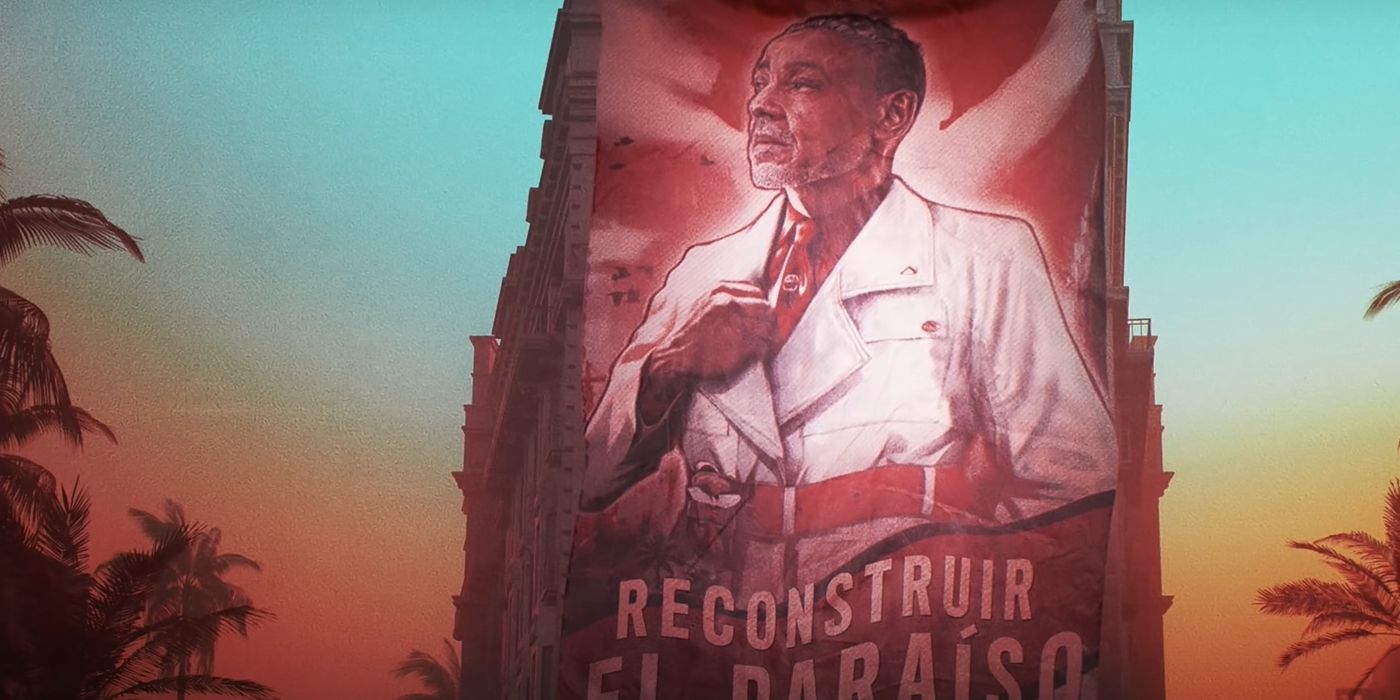Licensed games used to get a pretty bad reputation many years ago, whether that was games based on comics or blockbusters in general. Obviously now, with games like Marvel's Spider-Man and the Arkham series, that's definitely not the case anymore. Even outside of comics-based games, the numerous excellent James Bond 007 games showed there was potential in licensed games. Even Sean Connery reprised his role as the titular hero in From Russia with Love's video game adaptation, 20 years after the film released. Big name celebrities taking on roles in games isn't as rare as some may think, but that phenomenon isn't as common now as it was a decade ago.
There are many examples of actors becoming A-list celebrities after their appearances in video games, but it's not often where vice versa occurs. Several celebrities have worked on games in the past, and while it's not an uncommon occurrence, recent examples may be pushing traditional actors away from the medium. Examples like Cyberpunk 2077 and Death Stranding exemplify the perceived volatility of working in the video game medium from an actor's perspective. Even if it's arguably one of the actor's best roles, controversy or divisive reception could turn away other actors from working in games, though there's no real evidence of this happening yet.
The Rise, and Fall, and Rise of Film/TV Actors in Video Games
In the mid-2000s, the gaming industry was almost acting as a polar opposite to what it is now. Tons of A-list actors took roles in huge video games, examples including: Samuel L. Jackson in Grand Theft Auto: San Andreas, Mark Hamill in numerous different franchises, Liam Neeson in Fallout 3, or Patrick Stewart in numerous X-Men games. Actors from all spectrums of film and TV fame were willing to work in games, and to some extent that's still true for today, but it used to be a steady throughline in the industry just a few years ago. Towards the end of the Xbox 360/PS3 generation was where most games started focusing strictly on VA talent instead.
To be fair, there's nothing wrong with choosing veteran actors who prefer working in the video game industry over film/TV actors. Some of the best actors in the entire medium (Laura Bailey, Troy Baker, Ashley Burch, Nolan North, Erica Lindbeck, Noshir Dalal) are all primarily known for video game roles. Many of these actors, and more, have such multi-talented and performative range that they often crossover between many iconic game franchises. Film and TV actors have continued to take on roles in video games in recent years, as it's not particularly rare, but it's far less common now compared to the 2000s.
Perceptions of Volatility or Lacking Returns May Be Gatekeeping
However, it's arguable whether or not this steady decline of actors taking on roles in video games will continue moving into the next-generation. Even if Keanu Reeves gave the performance of a lifetime in Cyberpunk 2077, his reputation is arguably affected by the many controversies surrounding CD Projekt Red and the game itself. Considering how wide-reaching the news on Cyberpunk 2077's troubled release has become, that could very well well deter Reeves from seeking more work in games. Not to mention any actors who were considering working in games, who see Cyberpunk 2077's issues as emblematic of the volatility in the video game industry's success.
On the other hand, there are examples like Death Stranding, where the critical and commercial reception of the game was incredibly divisive. Granted, Norman Reedus had wanted to work with Hideo Kojima regardless of what the game would become. They were already working together on Silent Hills prior to the game's cancellation and Kojima forming his own independent studio. There's no bad blood between Reedus and Kojima, of course, but sales of Death Stranding had allegedly not met expectations for Sony. In a way, the dedication to full motion capture and acting in games may not be worth the returns if its barrier to entry is too high for other potential actors.
Games Like Far Cry 6 Instill Hope, But Time Will Tell
These aforementioned games weren't lacking because of bad performances from these actors, rather it's the circumstances surrounding the games that could be seen as problematic. Cyberpunk 2077 in particular is a special case, but the issues of expectations vs. reality in games are a pretty common occurrence simply because that's the industry's current nature. Whereas trailers and previews for TV and Film are basically one-to-one representations of the final product, that's not true for games. E3 demos and previews are typically vertical slices of a game, whether it's conceptual ideas put together on a micro-scale, or at worst not representative of the final product.
Upcoming projects like Far Cry 6 and Ark 2 certainly instill hope in the crossover between film/TV actors and video games. Even though it may not seem like it nowadays with realistic visual fidelity and impressive gameplay, video games are still a young entertainment medium when compared to film and TV. Evolution has come along quickly in games, especially when examples of mature storytelling in games like The Last of Us and Ghost of Tsushima show how much the industry has grown. However, growing pains like development crunch and controversy are not unlike scandal in the traditional entertainment industry, so perhaps time will tell.




